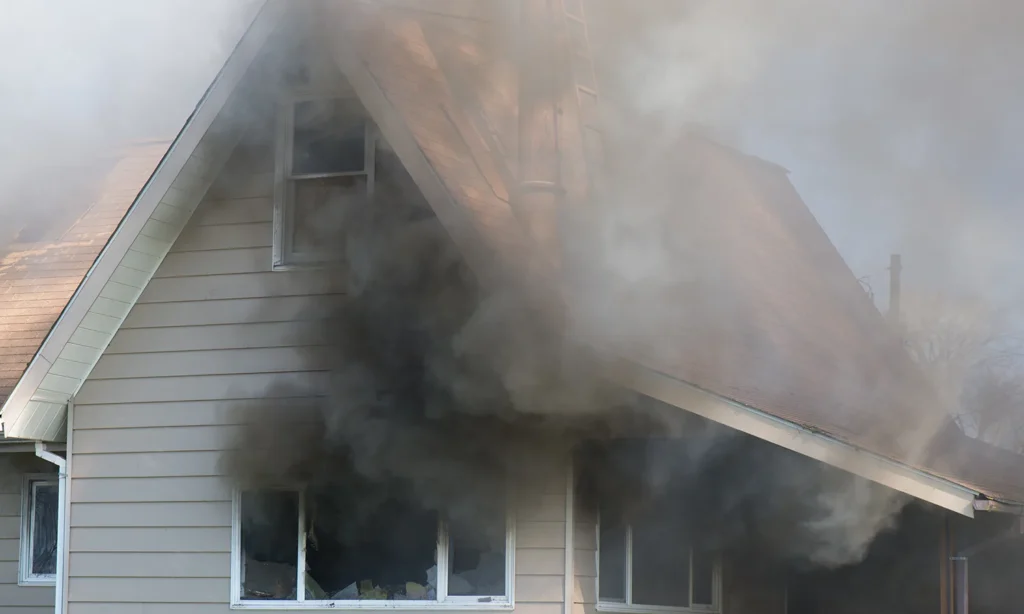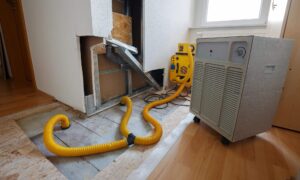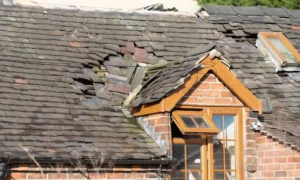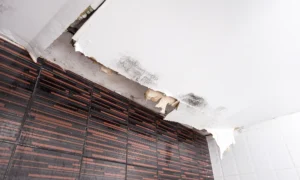After a wildfire, homes can smell of smoke for a long time. People worry about the health risks. Studies show that long-term exposure to smoke can cause serious health problems, like breathing issues.
Smoke particles and gases can get deep into Seattle homes. This makes the air inside very bad after a fire. It’s important to know how smoke affects health to keep homes safe.
This article will look into the dangers of lingering smoke smell. It will also give tips on how to clean and air out homes. This helps get the air back to normal.
Key Takeaways
- Prolonged exposure to fire smoke odor can have serious health implications.
- Indoor air quality can be compromised after a fire due to particles and gases.
- Understanding the health effects is key to reducing risks.
- Cleaning and ventilating Seattle homes can improve air quality in Washington.
- Steps to reduce smoke’s impact can protect health and safety.
Understanding Lingering Fire Smoke Smell in WA
It’s important to know why fire smoke smell lingers. Tiny particles stick to walls and furniture, causing the smell. These particles and chemicals make the odor last.
Fire smoke residue dangers are not just immediate. Breathing in these residues can harm your health over time. Fires release harmful pollutants like dioxins, benzene, and formaldehyde into the air.
The role of VOCs in lingering fire smoke smell
VOCs are key in the lasting smoke smell. They get trapped in furniture and walls, releasing smells for months. These chemicals are dangerous and can cause health problems.
- Dioxins are harmful and can cause health issues.
- Benzene is a known cancer-causing agent.
- Formaldehyde can irritate and cause health problems.
The smell of fire smoke is more than just annoying. It shows harmful substances might be present. To fix this, we need to understand VOCs and particles’ role in the smell.
Is lingering fire smoke smell harmful in Seattle?
Lingering fire smoke and smoke damage is not just annoying; it’s harmful to our health. It comes from volatile organic compounds (VOCs) and particles from fires. These can stay in the air and on surfaces, causing serious health problems.
Being around VOCs and particles from fire smoke can make you feel sick. People might get itchy or watery eyes, headaches, and a dry cough. Long-term exposure can lead to even worse health issues.
Health Implications of Lingering Fire Smoke
A study showed many people got sick from smoke and ash from fires. The smell of fire smoke can really harm indoor air quality. It’s a big risk for those living or working in places with bad air.
- Respiratory issues due to particle inhalation
- Eye irritation from VOCs
- Headaches and dizziness from smoke exposure
It’s important to know how fire smoke smell can harm us. Keeping the air clean after a fire is key to avoiding long-term health problems. This means getting rid of the smell and the contamination that causes it.
To fix this, we need a big plan. We must check how bad the contamination is, clean and ventilate properly, and use tech to remove VOCs and particles. By doing these things, we can lower the risks from fire smoke smell.
Addressing and Removing Smoke Odor in Seattle
Getting rid of fire smoke smell in Seattle homes is key to improving air quality after a fire. It takes a mix of ventilation, cleaning, and using certain items to absorb smells.
Opening windows and using fans helps spread out smoke particles. Air cleaners also help by filtering out particles that cause smoke smells.
Cleaning surfaces well with the right solutions can get rid of smoke residue. Items like baking soda and activated charcoal are great at absorbing smells. They play a big part in removing fire smoke odor.
By taking these steps, homeowners can greatly improve air quality after a fire. This reduces health risks from smoke smells. It makes homes safer and healthier to live in.
Recover with Assurance — Northwest Restoration of Washington
Whether it’s water, fire, mold, or storm damage, Northwest Restoration delivers fast, professional cleanup and restoration services you can trust. Available 24/7—contact us today!








